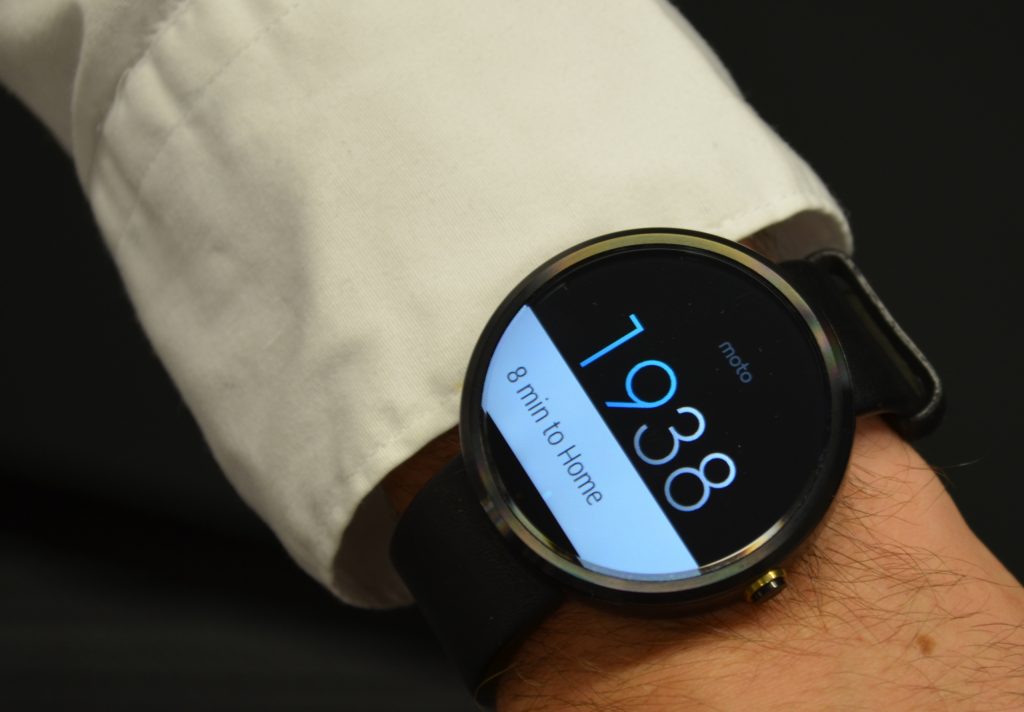
Memory leaks can happen, despite the prevalence of garbage collection in modern programming languages. They can be introduced in different ways in Android apps, but one of the most common is when using native C or C++ code. When leaks make themselves known, it can range from subtle to explosive, anywhere from mild but continuous degradation in performance to outright crashes.
Read More
Beginning May 17th and spanning a handful of days, Google had its annual developer conference. Google announced what they've been working on since the last I/O conference, and wow, have they been busy! The central theme of the conference was mostly centered around artificial intelligence. If I only had a dollar for each time the words "machine learning" were said...
Read More
Android fans are excited about Google’s release of Android Wear 2.0 and...
Read More
Google is making developing devices and apps for the Internet of Things simple with their Android Things operating system. This is actually an updated and rebranded version of Brillo, which was announced at Google I/O in 2015.
Read More
When you see something like the below, what do you do?

Last month I sat down with our lead Android developer David Thacker to get the scoop on his time at Google I/O. Preface: I'm not a developer, I'm a UI/UX designer who happens to have a deep love and appreciation for all things Google. My favorite thing about David is he explains development to me in a way I can understand. Consider this interview a guide to sounding smart around your developer friends when discussing Android news.
Read More
Exceptions are useful if you use them properly. If you don't use them properly, you will be ridiculed and write bad code. We'll demonstrate how to handle exceptions correctly by showing some ways NOT to handle exceptions and how you can improve your exception handling.
Read More
RxJava has many uses, especially for applications requiring any amount of asynchronous operations. If you do not have experience with RxJava (or any of its sister implementations), I recommend checking it out and seeing if it can help improve your applications. I will not be covering the basics of RxJava in this blog, so a familiarity with the core concepts is recommended. In this blog I will be covering how to create a simple bus implementation using RxJava in a pure Java application. This implementation can be ported to other Java-based platforms, such as Android. There are a few particulars I will cover before jumping into the implementation.
Read More
At the Google Nexus event today, Google's CEO and others from their leadership team unveiled several new and improved products as well as launched the new Android 6.0 update named Marshmallow. They made sure everyone understood that the ubiquity of Google and their products was only going to become more profound with the passage of time.
Read More
Android M has officially been revealed to be Android Marshmallow, version 6.0. Among a number of improvements and changes are permissions. Previously, permissions were required to be accepted by the user before installing the app, and they could never be revoked. This meant that the only way to prevent an app from accessing something it requested was to not use the app. The new setup instead gives users granular control over which permissions are allowed on a per app basis.
Read More
